Food Access is a Start, but Emergency Commission Falls Short for Workers and Families
BISMARCK, ND — Today, the six-member Emergency Commission voted to spend the last of North Dakota’s $1.25 billion in federal CARES Act money intended for COVID-19 relief. The small group allocated the allotment without any public input or broad legislative input. The result leaves out important and popular initiatives that would support workers, families, and the people most affected by the COVID-19 pandemic.
The vote today included some progress on food access funding called for by a working group and Dem-NPL legislators, but failed to include an Emergency Paid Leave Fund that would serve workers, families, and small businesses. The Legislative Budget Section, which leaves 14 districts or roughly 200,000 people unrepresented in the process, will take an up or down vote next week.
Sen. Kathy Hogan, a member of a food access work group that proposed a $53 million plan for emergency and sustainable food programs, said:
“We are pleased that we have had an opportunity to present important proposals that address food access and to see money for refrigeration for food banks, expanded online SNAP purchasing, and the expansion for FEMA and CARES Act dollars for shelf-sustainable food at Great Plains Food Banks included in the Department of Agriculture funding. But we are disappointed that the administration hasn’t done more as emergency food aid from Washington has stopped. Today’s funding is a beginning, but only a beginning.”
Rep. Karla Rose Hanson, who called for CARES Act money to be used for an Emergency Paid Leave Fund to benefit workers, families, and small business, said:
“It’s disappointing to see Gov. Burgum fail to seriously consider Emergency Paid Leave for North Dakota workers. This proposal is good for public health, good for families, and good for businesses. People who are sick or exposed to COVID-19 are asked to stay home, but many have to prioritize their paycheck so they still go to work. Paid leave would help businesses avoid outbreaks and keep their doors open, and it would help control the spread of the virus in our state.”
House Minority Leader Josh Boschee said:
“Without a formal process, we sought to create public debate about important issues workers and families are facing, and there are certainly portions of this budget that will benefit many North Dakotans. But because most of our Republican colleagues abdicated their legislative authority to the governor’s office, the process, and the resulting recovery plan is flawed. We cannot leave out 14 districts and more than 200,000 people and expect to have a recovery plan that works for all North Dakotans.”
Senate Minority Leader Joan Heckaman said:
“The budget included important contributions for cities and counties whose budgets are being strained by the pandemic. But there should have been a formal public process that gave every community a seat at the table, so we can make sure tax dollars are spent fairly across the state.”
###

